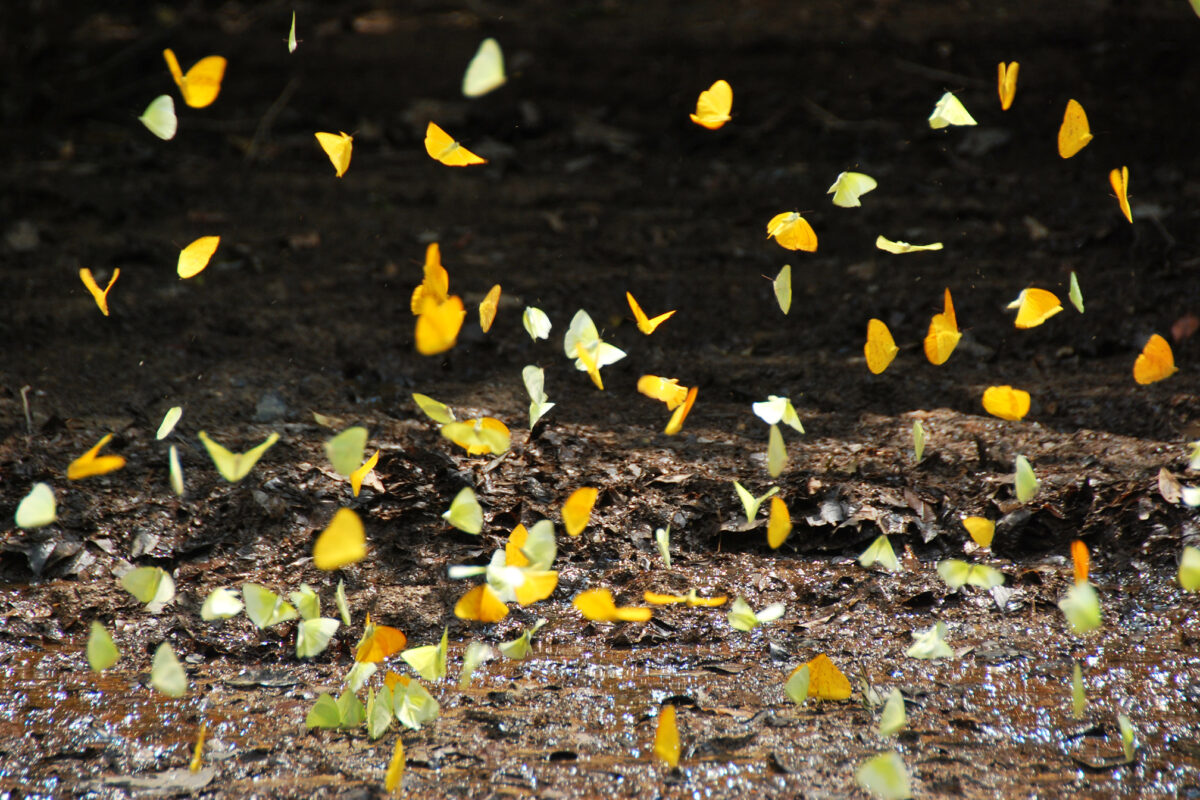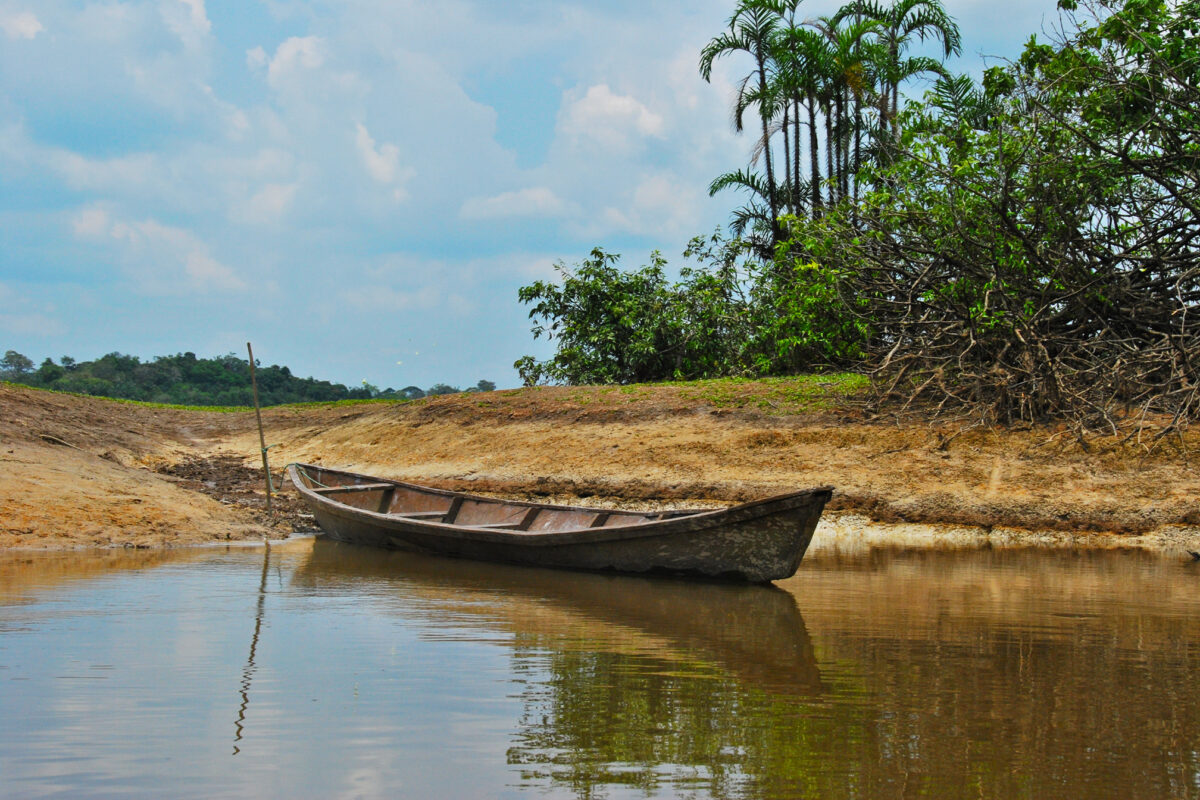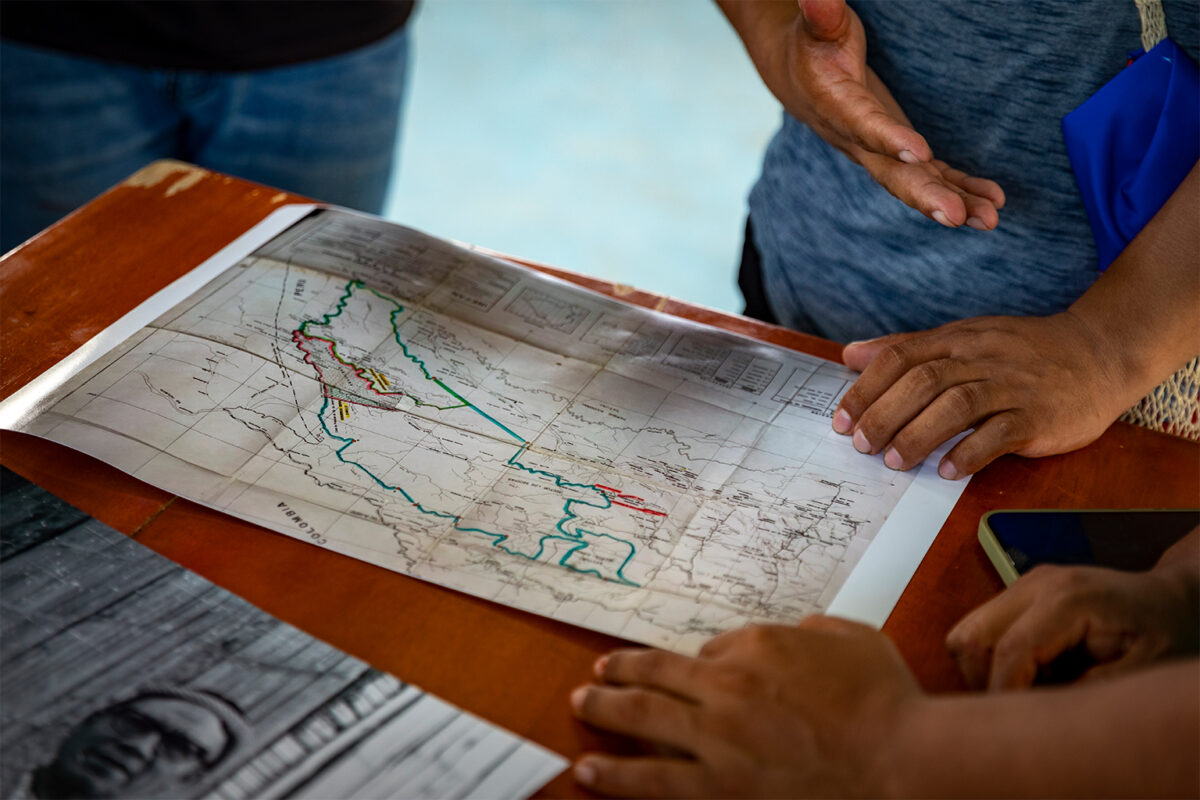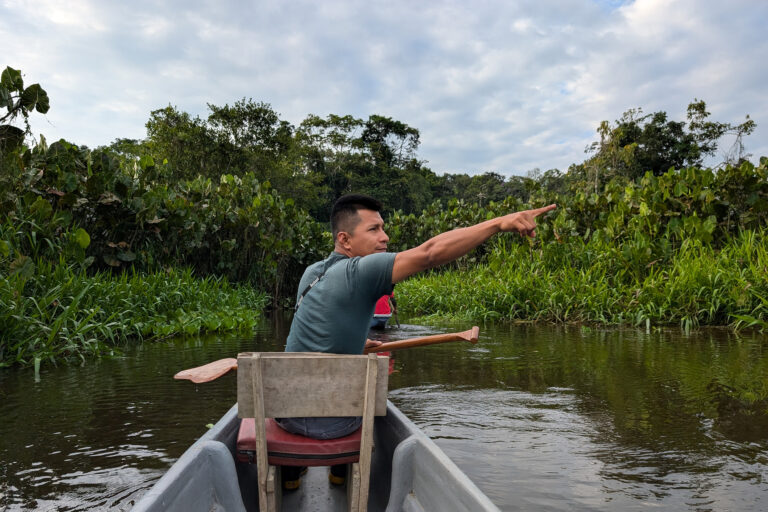Leading Amazon biologist imprisoned in Brazil; witch-hunt suspected
Leading Amazon biologist imprisoned in Brazil; witch-hunt suspected
Rhett A. Butler, mongabay.com
June 23, 2007
A world-renowned primatologist has been arrested in the Brazilian Amazon under charges that he was illegal sheltering 28 primates in his home, according to The Guardian. Supporters say Marc van Roosmalen, 60, has been framed by illegal loggers who have long been adversaries of the prominent conservationist.
Van Roosmalen, who’s worked in the Amazon for nearly 20 years and is credited with the discovery of several previously unknown species of monkeys, was named a “hero for the planet” by Time magazine in 2000 for his work to save the increasingly threatened Amazon rainforest.
Van Roosmalen’s work has put him at odds with cattle ranchers, farmers, and illegal loggers who are driving forest clearing in the region, which has lost more than 55,000 square miles (142,000 square kilometers) of forest since 2000. These development interests have been linked to a number of incidents, including the high profile killing of rubber tapper Chico Mendes in 1988 and the 2005 slaying of American nun Dorothy Stang. Following Stang’s murder, the Brazilian government sent in thousands of troops in an attempt to quell the violence and regain control over the lawless region. Conservationists, social workers, and indigenous rights groups have been at particular risk in frontier areas.
“It’s a vendetta,” John Chalmers, an English businessman who has worked with the scientist for four years, told The Guardian. “The only way to protect the Amazon is to make people aware of all these species. Marco tried to preserve the species and their natural habitat. This does not suit politicians who own large tracts of land full of logs that they want to sell.”
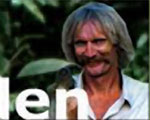
Van Roosmalen. |
Van Roosmalen’s arrest is not the first time he’s been in trouble with local authorities. In 2002, the Dutch scientist turned Brazilian citizen was charged with animal trafficking and fined $1,667. At the time, Van Roosmalen told the Associated Press that the accusations were questionable since the animals were rescued from loggers who planned to eat the animals.
“I never take animals out of natural environment even for scientific purposes,” Van Roosmalen said. “You have to wonder why after 16 years they are doing this now.”
Brazil has some of the toughest environmental regulations in the world, but they are haphazardly enforced. A slow approvals process–for permits ranging from scientific research to development–has been blamed for fueling endemic corruption. Scientists often complain that the process of obtaining official permission can drag out for months to years without “special payments.”
In the 2002 case, Van Roosmalen told the Associated Press that he applied for permissions from Ibama in 1996, 1998 and 2000 but never heard back. The A.P. noted that it permissions are generally granted by default if Ibama, Brazil’s environmental enforcement agency, does not respond within 45 days.
Van Roosmalen is currently incarcerated at the public jail in Manaus, Brazil’s largest Amazon city. The Guardian reports he plans to appeal this week.



